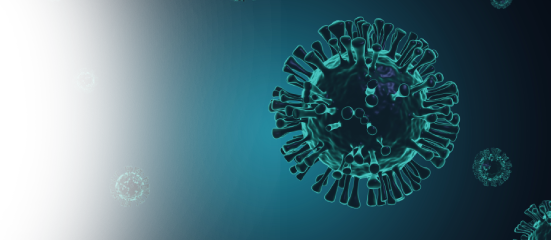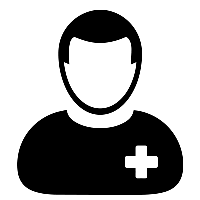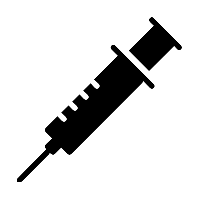COVID-19 (CORONAVIRUS DISEASE 2019)

At Parkway Cancer Centre, we place our patients at the heart of all that we do.
As part of our heightened surveillance and to reduce risk of COVID-19 infection, safety measurements are implemented in our clinics:
All patients and visitors must check-in with SafeEntry via the TraceTogether app or token.
All visitors must donned a mask at all times in the clinic.
Visitors will be required to fill in the Visitor Registration form and Health Declaration form at our clinics.
Only one accompanying person (including caregiver) will be allowed in at any one time. Please note that visitors maybe denied entry should they not meet the screening measures.
You may visit the following hospital websites for more information:
For information on the coronavirus situation in Singapore, please visit the Ministry of Health website.
International Patients
Due to the COVID-19 pandemic, Singapore has implemented border control and public safety measures to curb the spread of the coronavirus. We are monitoring the COVID-19 situation closely and will update our Regional CanHOPE Offices on any developments here. For our international patients, please do not hesitate to approach our Regional CanHOPE Offices in your home country for the latest updates, and for your medical enquiries. Please be assured that we will do our best to address your medical enquiries.
Tele-Consultation
COVID-19 may have hindered your cancer care plan to receive treatment with us.
Hence, we provide solutions to ensure that your health is not compromised:
- Availability of tele-consultation with our doctors;
- Delivery of prescription drugs;
- Accessibility to Regional CanHOPE offices to assist in your healthcare needs.
*Tele-consultation is only available for existing patients.
Please drop us an email at enquiry@pcc.sg if you require any assistance.
Frequently Asked Questions
Patients should discuss with their doctors on their conditions. For most patients, it is advised that you continue with your scheduled appointment. The importance of adhering to the treatment regime is paramount, to ensure that your recovery is on track. Please discuss with your doctor on the next steps.
Once again, it is important to discuss with your doctor. Jointly, you can decide the best option for your continuity of care plan.
In general, patients who have received intensive chemotherapy or bone marrow transplantation should avoid crowded places. This does not rule out use of public transportation if patients manage to avoid ‘peak hour’ travel. When traveling, one should practice good hand hygiene and if advised by your doctor, to wear a mask.
There are guidelines from MOH for healthcare providers in accordance to the DORSCON Alert level of the outbreak situation in Singapore. All hospitals and clinics will follow these guidelines strictly to prevent and reduce the impact of infections. These include (but are not limited to), installation of thermal scanners at facility entrances, filling out of Health Declaration forms, screening for travel history, and surveillance of all hospital and clinic staff.
Coronaviruses can affect anyone including healthy people. However, patients with chronic medical diseases that result in a weakened immune system may be at higher risk of catching the infection as well as developing more severe complications to the virus. Cancer is one such disease.
Additionally, cancer patients that are receiving chemotherapy during this time will weaken one’s immune system. Persons with weakened immunities may be more susceptible to infections and viruses. Therefore it is important that you are aware of the symptoms of the coronavirus and consult a doctor if any of the symptoms arise.
You are strongly advised to practise the following:
Avoid consumption of raw or undercooked meats;
Avoid crowded places and close contact with people who are unwell or showing symptoms of illness;
Observe good personal hygiene;
Practise frequent hand washing with soap (e.g. before handling food or eating, after going to toilet, or when hands are dirtied by respiratory secretions after coughing or sneezing);
Wear a mask if you have respiratory symptoms such as a cough or runny nose;
Cover your mouth with a tissue paper when coughing or sneezing, and dispose the soiled tissue paper in the rubbish bin immediately; and
Seek medical attention promptly if you are feeling unwell.
There are also many causes of fevers including bacteria and viral infection. Persons with weakened immunities may be more susceptible to infections and viruses. Therefore it is important that you are aware of the symptoms of the coronavirus and consult a doctor if any of the symptoms arise.




